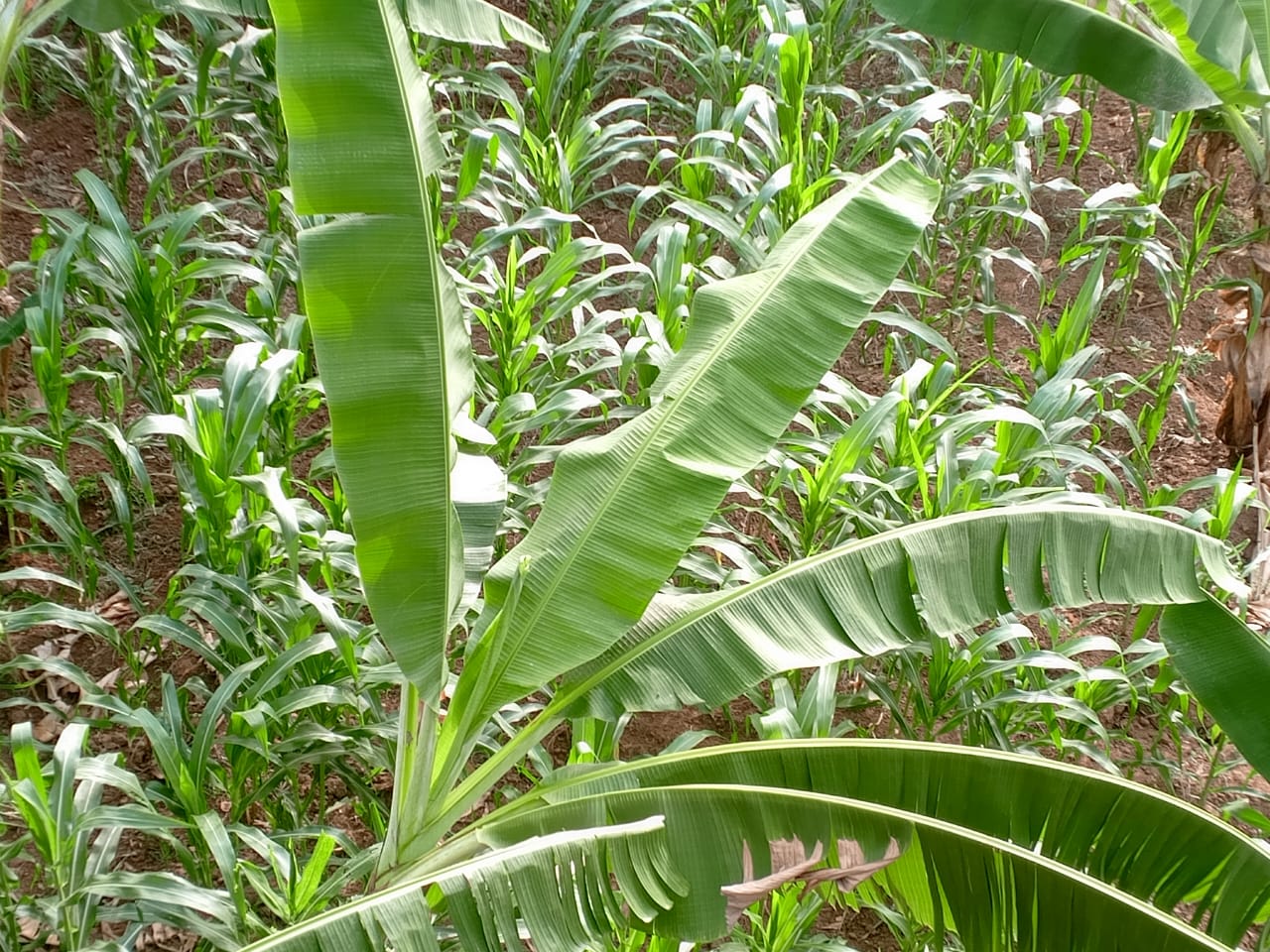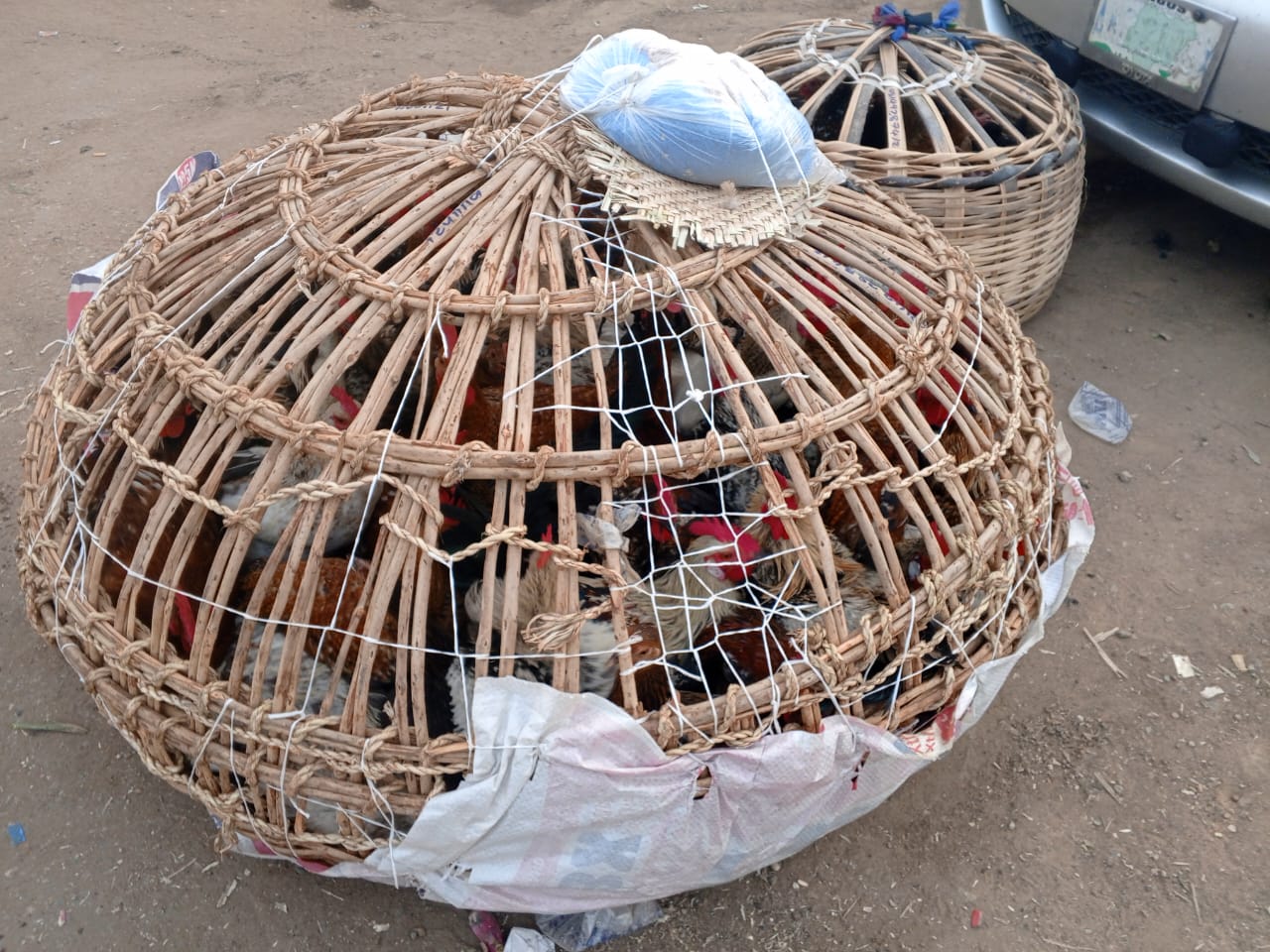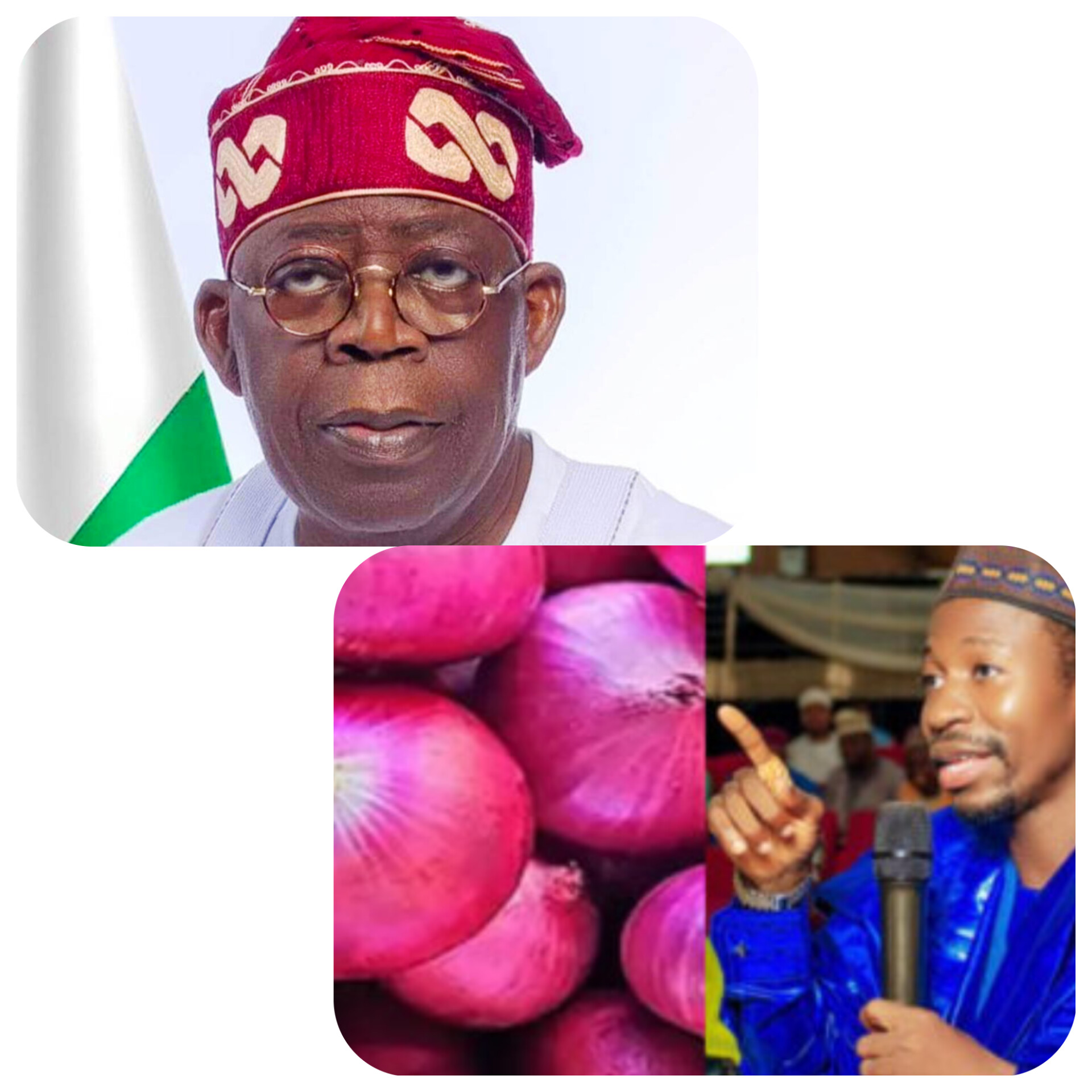Capitalisation and Agricultural practices in 2025. By Michael Oke

Capitalisation and Agricultural practices in 2025


This year offers vast opportunities for those ready to invest in agriculture.
With a growing population and escalating food prices, farmers must embrace the right mindset and take bold steps towards cultivation. Despite security concerns and widespread hesitancy driven by financial constraints and life’s challenges, agriculture remains a vital and rewarding endeavour.

However, those bold enough to invest in the sector stand a strong chance of reaping significant rewards.
The high cost of food and population pressures will likely drive more people to expand their cultivation efforts this year. Investing in agriculture guarantees returns, despite varying gestation periods, which should not be seen as a discouragement but rather as a necessary phase in the process.
Risks, uncertainties, and challenges in Agricultural production

As the demand for food increases for household consumption, commercial purposes, raw materials for livestock industries, exports, financial gains, and marketing the development of the agricultural sector remains essential.
Both peasant and commercial farmers must continue their efforts to ensure adequate production and contribute to the sector’s growth.
While challenges remain, particularly in the absence of substantial governmental intervention, political will is required to encourage agricultural engagement and large-scale production.
To achieve this, the government must work towards subsidising various aspects of agriculture to foster growth. A crucial first step is initiating meaningful and strategic discussions with farmers to develop a clear plan for the sector this year.
These discussions should focus on securing necessary inputs to enhance productivity at all levels, ensuring the supply and distribution of tractors, promoting land cultivation, and improving crop and livestock distribution.
Additionally, the adoption of modern technology, proactive agronomic practices, enhanced storage facilities, an efficient supply and transportation system, and effective security measures are vital for Nigeria’s agricultural sector.
Collaboration with industrial stakeholders is also necessary to support production.
Attracting investment to Agriculture
Understanding planting seasons and distribution networks will be crucial in 2025. Different crops will experience varying levels of demand, while livestock farmers may face challenges such as pests and diseases.
Knowing these trends will help investors determine what to supply to the market.
Investors should consider key factors such as revenue projections, market exposure, demand dynamics, and resource management. Acquiring knowledge in horticulture and agricultural management will be instrumental in making informed decisions.
The best approach is to develop problem-solving skills, plan strategically, and leverage available investment opportunities in the agricultural sector, both locally and globally.
Development of the Horticultural sector
Horticulture encompasses flower planting, landscaping, floriculture exports, and the promotion of aesthetic gardening. Lucrative opportunities exist in crop farming, agribusiness, value-added products using basic technologies, agritourism, and agricultural services.
Food processing and preservation across the value chain
Significant gaps exist in commodity trading and transportation, making it difficult for farmers to move produce from farms to markets. These challenges include:
Processing and packaging beef, manufacturing enhanced seeds and agricultural chemicals
“Canning fruits and producing fruit juices
“Developing water infrastructure for irrigation and flood control
“Expanding sugar cane, palm kernel, rubber, and timber processing
Enhancing dairy, aquaculture, and livestock production and investing in feedlots, greenhouses, and beef ranching is worthwhile due to the disparity between agricultural supply and industrial activity.
Challenges in Agricultural transportation and logistics
Agricultural losses are largely due to inadequate transportation infrastructure. Facilitating the movement of produce from farms to markets is critical. Although few investors currently engage in agricultural logistics, there is significant demand and profit potential in strengthening Nigeria’s food transportation systems. Partnering with farmers and providing logistics solutions, such as fleets of trucks, will enhance food distribution and delivery.
Sales of Agricultural equipment and machinery services
Farmers require machinery such as tractors, harrows, sprayers, combine harvesters, drills, cultivators, and rotary tillers. During the planting season, shortages in these essential tools can hinder production. Investors can tap into this market by facilitating online and offline sales, linking farmers with suppliers, and participating in equipment distribution. Providing these services can boost production efficiency and support all levels of farming.
Packaging and storage of farm produce
Nigeria’s agricultural packaging industry remains underdeveloped, with many farmers relying on used feed bags. Improved packaging solutions for storage, transportation, and distribution present significant investment opportunities. Developing value chains in this sector can enhance the preservation of perishable goods and increase farmers’ profits.
Agricultural Sales and Seasonal Produce Management
Agricultural products are seasonal, and understanding harvesting and planting periods is crucial. Vegetables, fruits, nuts, beef cattle, melon, maize, and potatoes are examples of products that can be sourced from farms and resold for profit throughout the year.
Conclusion
Agriculture remains a highly profitable venture in developed countries, where commercial farmers generate substantial income. Developing nations can adopt similar strategies to maximise the sector’s potential.
This year, agriculture stands as one of the most promising and rewarding investment opportunities.
Michael Adedotun Oke
Project Facilitator, Talent Upgrade Global Concept
Michael Adedotun Oke Foundation
Plot 232 Kaida Road, Old Kutunku, Gwagwalada, Abuja, Nigeria
maof2020@gmail.com
+234 802 714 2077





Government is trying their best through Agricultural loans, provision of basic inputs and setting up an Agricultural insurance company to compensate farmers who may suffer losses due to natural phenomenon. However the issue of security arising from cattle rearers leading to destruction of farm products and killing of farmers is worrisome. Let the Federal government pronounce a law banning open grazing and direct all livestock farmers to construct ranch for cattle, sheep and goats.
Dear Isaac , Million thanks for your input and do appreciated you a lot
Thanks for your comments Mr. Arowosafe